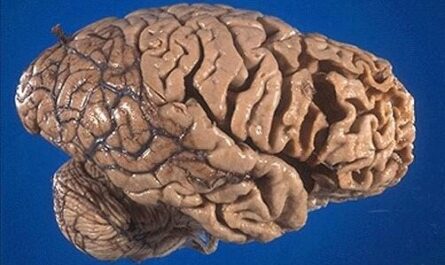A recent study published in the journal Nature Human Behavior by psychologists Alex Ma, Ayana Cameron, and Martin Wiener from George Mason University in the US, has brought forth evidence contradicting the widely-held theory of the universal internal clock. The researchers conducted experiments involving image viewing and time estimation to explore the intricacies of human perception of time.
The theory of the universal internal clock posits that humans perceive the passage of time in consistent, steady increments, preventing confusion regarding the duration of specific time spans. However, this theory has its exceptions, as anecdotal evidence suggests time passes faster during enjoyable experiences and slower during monotonous ones.
To further investigate this phenomenon, the researchers designed four experiments, inviting a total of 170 volunteers to participate. In the first two experiments, participants were asked to estimate how long they had been looking at photographs with varying degrees of size and clutter. Some images were large and cluttered, like a messy office, while others were nearly barren.
In the subsequent two experiments, participants viewed photographs and then estimated both the duration of their viewing and the memorability of each image. They returned to the lab the following day to take a memory test, assessing their ability to recall the images they had previously viewed.
The research team’s findings revealed that participants tended to overestimate the time spent viewing cluttered scenes and underestimate the time spent looking at tidy areas. Moreover, the perception of time varied depending on the memorability of an image. Participants were more accurate in their time estimation and more likely to remember the images they deemed most memorable.
These experiments suggest that time perception is not a universal constant but is instead influenced by sensory perception, specifically the memorability and clutter of the stimuli being perceived. This new research challenges the long-held theory of the universal internal clock and opens up exciting avenues for further exploration into the complexities of human time perception.
*Note:
1. Source: Coherent Market Insights, Public sources, Desk research
2. We have leveraged AI tools to mine information and compile it




